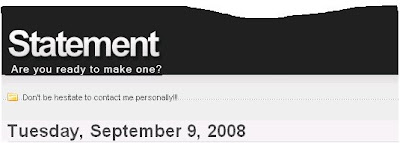Cap and Trade - Cap and Trade Definition
Cap and Trade - Cap and Trade Definition: Cap and trade become hot topic today. But, what is Cap and trade definition? Why many people searching Cap and Trade Definition? According to www.ecomii.com the Cap and trade definition is one method for regulating and ultimately reducing the amount of pollution emitted into the atmosphere. It is viewed as a more democratic solution to regulating pollution than a carbon tax as it creates a commodity out of the right to emit carbon and allows the commodity to be traded on the free market.
The basic concept involves two parties, the governing body and the regulated companies or units emitting pollution. The government sets a cap on pollution, limiting the amount of carbon dioxide and other harmful output that companies, or other groups, are allowed to release. The government then issues credits which allow companies to pollute a certain amount, as long as the aggregate pollution equals less than the set cap.
Since some companies can reduce polluting emissions more inexpensively than other companies, they may engage in trading any extra permits. Companies that can more efficiently reduce pollution sell permits to companies that cannot easily afford to reduce pollution. The companies that sell the permits are rewarded while those that purchase permits must pay for their negative impact. Applied to climate change, this system would theoretically reduce carbon emissions at the lowest total cost.
Read more about Cap and trade definition
The basic concept involves two parties, the governing body and the regulated companies or units emitting pollution. The government sets a cap on pollution, limiting the amount of carbon dioxide and other harmful output that companies, or other groups, are allowed to release. The government then issues credits which allow companies to pollute a certain amount, as long as the aggregate pollution equals less than the set cap.
Since some companies can reduce polluting emissions more inexpensively than other companies, they may engage in trading any extra permits. Companies that can more efficiently reduce pollution sell permits to companies that cannot easily afford to reduce pollution. The companies that sell the permits are rewarded while those that purchase permits must pay for their negative impact. Applied to climate change, this system would theoretically reduce carbon emissions at the lowest total cost.
Read more about Cap and trade definition


Comments
Post a Comment